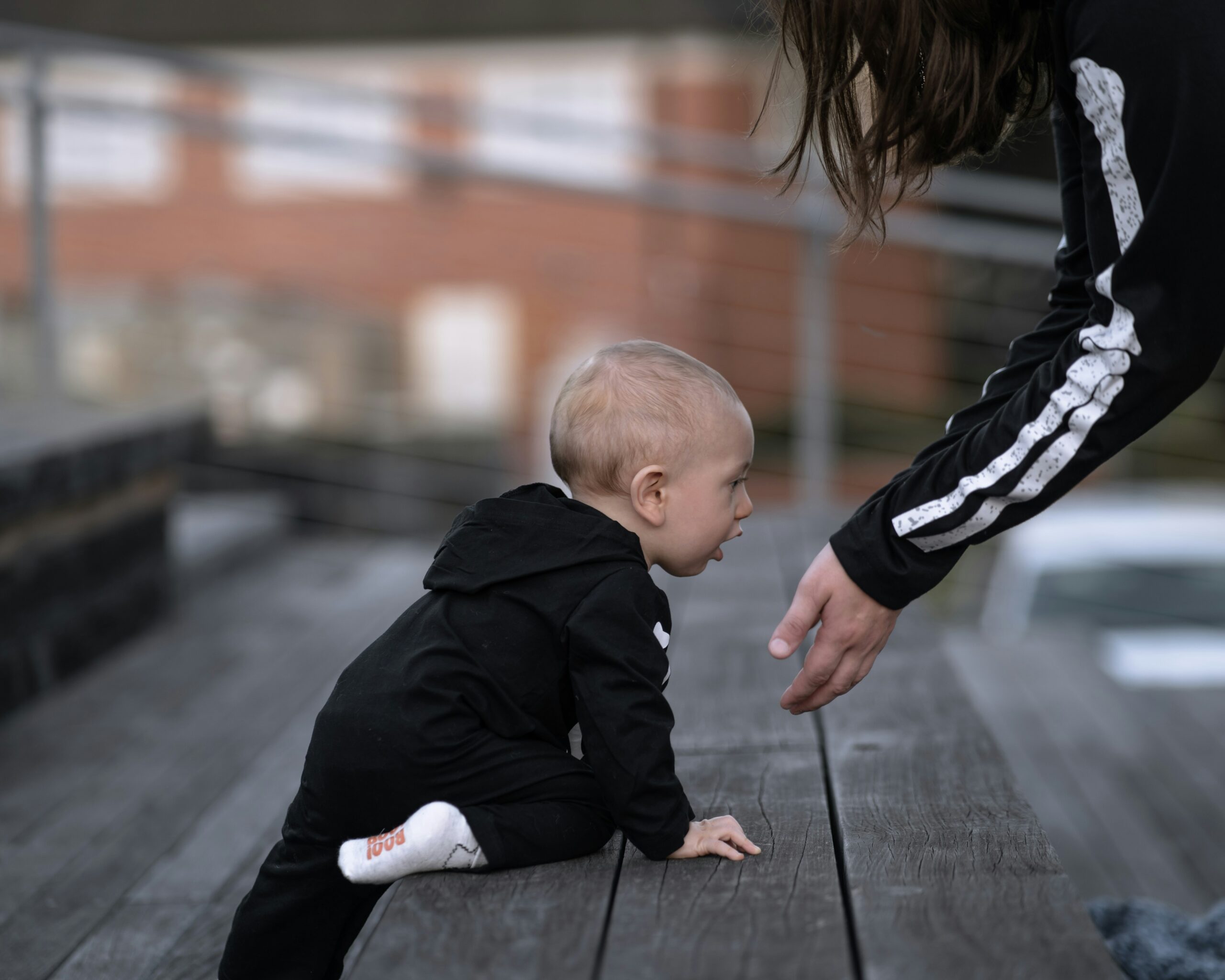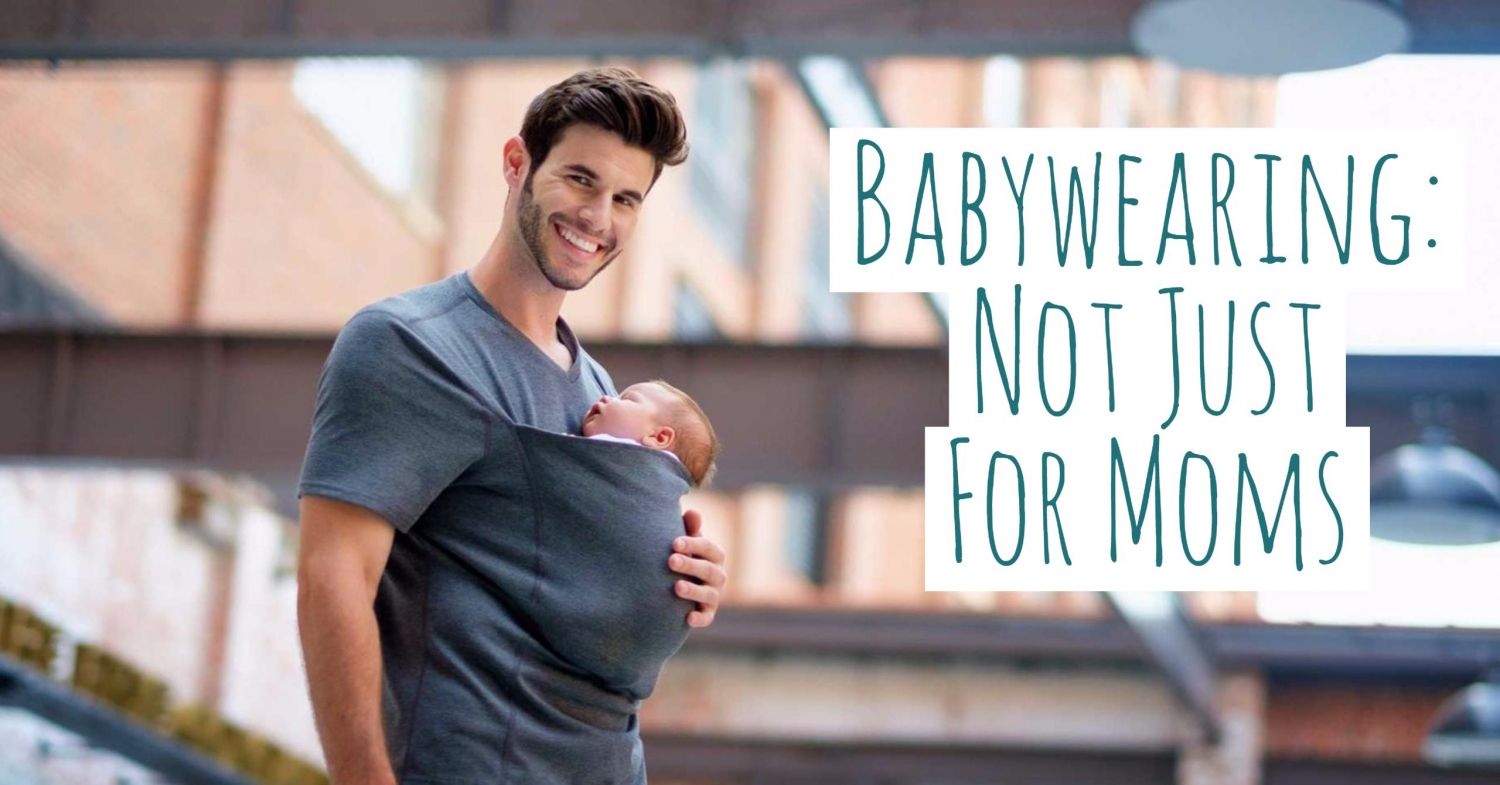A lot of excitement and panic comes with being a first-time parent, but preparing mentally and emotionally can reduce the risk of anxiety, ease the transition to parenthood, and allay the fears of raising a child. I will be sharing some of the things that helped me through as a first-time parent, and I hope these tips can be of help to you as well.
Before The Baby Arrives
- Before the arrival of your baby, there is a lot of preparation and planning that needs to be carried out. Based on my experience, here are a few tips that should help:
- Stay healthy during pregnancy
- Find a health care provider you can trust
- Join childbirth classes
- Ask questions and decided on a birth plan
- Manage Your Expectations, don’t compare your baby to others
- Start putting together stuff you and the baby will need such as diapers, clothing, feeding, bathing and nursery essentials, etc.
- Start building your support system
- Don’t be scared to ask for help
When The Baby Arrives
While I was still at the hospital after the birth of my first child, having the hospital staff around made me feel like “okay, this isn’t so hard,” but then once I got home, it felt like something new was always happening and that made me feel overwhelmed most of the time.
Here are some important things to expect and tips to guide you through when your baby is born.
The Umbilical Cord
The baby’s umbilical cord needs to be well taken care of. It usually falls off within three weeks, but before it falls off, keep it clean and dry, and be mindful when giving gentle baths and wearing the baby’s diapers or clothing.
Soothe Your Wailing Newborn
Crying is the primary means an infant knows how to communicate. Crying could mean that the baby is hungry, too cold/hot, needs a diaper change or clothing.
But sometimes the baby might just need your comfort. Patting my baby’s back in a heartbeat-like rhythm worked wonders almost every time. If this doesn’t work, for your baby, you can try any of Dr. Harvey Karp’s five calming methods: swaddling, shushing, holding the baby on his/her side, swinging, or letting them suck.
Diaper Change
When it’s time for a diaper change, make sure you have all you need before changing the diaper. Babies tend to get fussy when you delay during a diaper change. Lay your baby on his/her back, use water, wipes or a clean warm cloth to clean (don’t forget to wipe your baby girl’s bottom from front to back, this reduces the risk of infection) and before you put on a new diaper, make use ointment or baby powder to prevent diaper rash.
Feeding Time
Your baby needs to be fed every 2 to 3 hours. While sometimes your baby will alert you if he/she is hungry by crying, other times, you may need to wake them every few hours to make sure they get enough to eat.
During feeding, babies often swallow air, which can make them fussy. To help prevent this, burp your baby often at intervals by placing the baby on your shoulder and gently patting or rubbing his/her back or cradling the baby and rubbing their chest.
Bath Time
Before each bath, make sure you have all your supplies close to you. Keep the baby well-positioned by placing one hand on them at all times (to prevent a slip), use a soft cloth/sponge and mild products. As gently as possible, wash in-between baby’s toes and fingers, the back of their ears, whole body, hair, face, and then bum.
I gave my baby a bath at least twice a day after the first 3 weeks she was born, once with soap and once using only water, some parents advise that you give the baby a bath three times a week during the first year, I guess it all depends on what works for your baby’s skin.
Conclusion
The saying goes, “nothing can prepare you for parenthood” while this is mostly true, I am confident these tips can help you get into the right headspace as a first-time parent. Remember to take care of yourself, because only then will you have the mental, emotional, and physical strength to raise a healthy child.
Celebrate milestones and learn quickly from mistakes. Finally, it is always great to have or build a support system.




